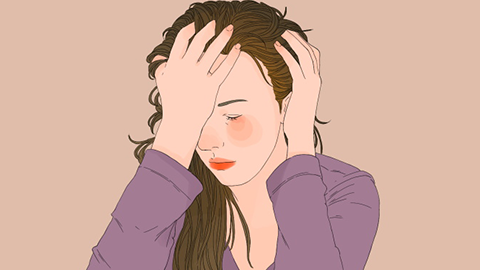Is bipolar disorder treatable?
Generally speaking, whether bipolar disorder is easy to treat depends on the specific circumstances. If it is mild or the first episode, it is usually relatively easier to treat; if it recurs frequently or symptoms are severe, the treatment becomes more challenging. It is important to follow standardized treatment under a doctor's guidance. Detailed analysis is as follows:

If bipolar disorder is at a mild stage or is the first episode, symptoms are usually relatively mild and have limited impact on daily life. With timely medication and psychological intervention, most patients can effectively control their symptoms, and the condition can gradually stabilize. At this stage, active patient participation in treatment, following medical advice for timely medication, and regular follow-up visits can help promote recovery.
When bipolar disorder recurs frequently or symptoms are severe, with significant extreme emotional fluctuations and impaired social functioning, the difficulty of treatment increases notably. These cases often require longer-term comprehensive treatment, including adjusting medication plans, enhancing psychological counseling, and receiving family support, in order to gradually improve symptoms and reduce the risk of recurrence.
To better manage bipolar disorder, daily care should focus on maintaining a regular routine, avoiding staying up late and excessive fatigue; maintaining a positive mindset and minimizing emotional triggers.






